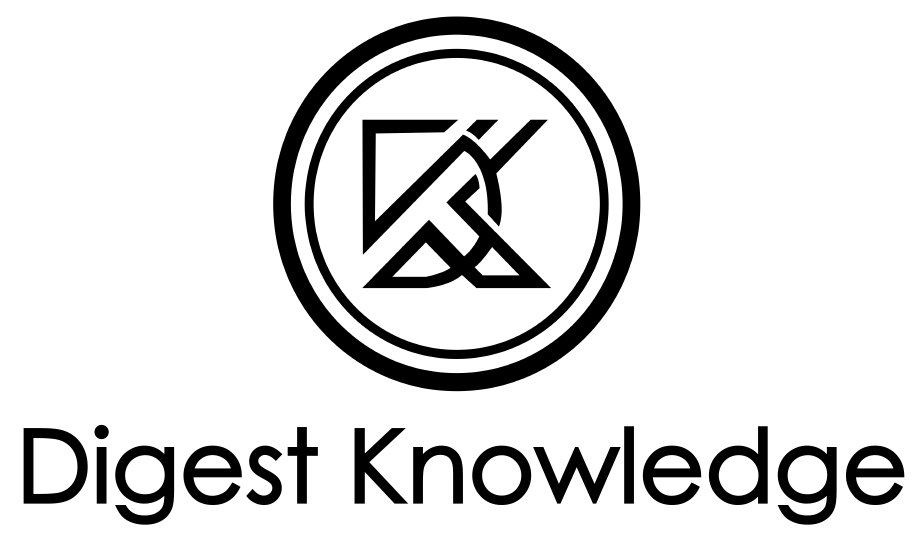Beyond Misinformation: Unveiling the Drama Between Joe Rogan and CNN
In this day and age, it can be really hard to separate fact from fiction. There is just so much information out there that it feels like trekking through a minefield. Every time you turn around, there is another big argument popping up out of nowhere. A perfect example of this is the recent clash between Joe Rogan, who has a popular podcast, and CNN, a major news network. It's a tangled mess where discerning truth and trust is a monumental task.
The whole thing started when Rogan mentioned using Ivermectin for a potential COVID-19 treatment, but it is not just about arguing over medicine. It really shows how complicated the media world is. So, buckle up, because untangling who truly spread misinformation demands a deep dive.
What Happened?
Over the winter break, Dana White, the president of UFC, got COVID-19. Joe Rogan, a famous podcast host, suggested a mix of treatments for him, including a small amount of Ivermectin - a drug usually given to animals for worming. Surprisingly, White bounced back swiftly and openly commended Rogan’s advice. However, CNN wasted no time criticising Rogan. They called for Spotify to remove him from their platform, accusing him of promoting Ivermectin as a miraculous cure-all known as “horse dewormer.”
Understanding Ivermectin
The way CNN presented Ivermectin as a “horse dewormer” was deceptive. While the drug is indeed used for that purpose, it also has human applications and was being researched for its potential role in boosting immunity against any COVID-19 variant. However, Ivermectin is not a magic solution for COVID-19, and taking too much can actually be dangerous.
The Intention of Rogan
Rogan’s suggestion to White was not to use horse dewormer, but a smaller, human-appropriate dose of Ivermectin, as part of a multi-pronged treatment approach. This crucial detail was often missing in the media coverage.
The Motive of CNN
Why did CNN react so strongly to Rogan's advice? Well, it could have something to do with the fact that Pfizer, a big player in the COVID-19 vaccine game, sponsors the network. If people start following Rogan’s alternative approach, they might not get vaccinated as much, and that could hurt Pfizer’s bottom line. This raises concerns about potential conflicts of interest influencing media coverage.
Spotify in the Face of Cancel Culture
After CNN criticised him, Rogan received a lot of backlash. Some artists even demanded his removal from Spotify. However, Spotify stood firm, refusing to succumb to pressure and upholding platform freedom. This decision sparked debates about censorship and what responsibility media platforms have when it comes to navigating controversial content.
Moving Forward
This episode points out how dangerous it is when wrong information spreads and why it is so important to think critically. While CNN’s framing of Rogan's advice was inaccurate, it is crucial to remember that Ivermectin is not a proven COVID-19 cure and can be harmful if misused. Ultimately, informed decisions about healthcare should be based on scientific evidence, not media sensationalism.





